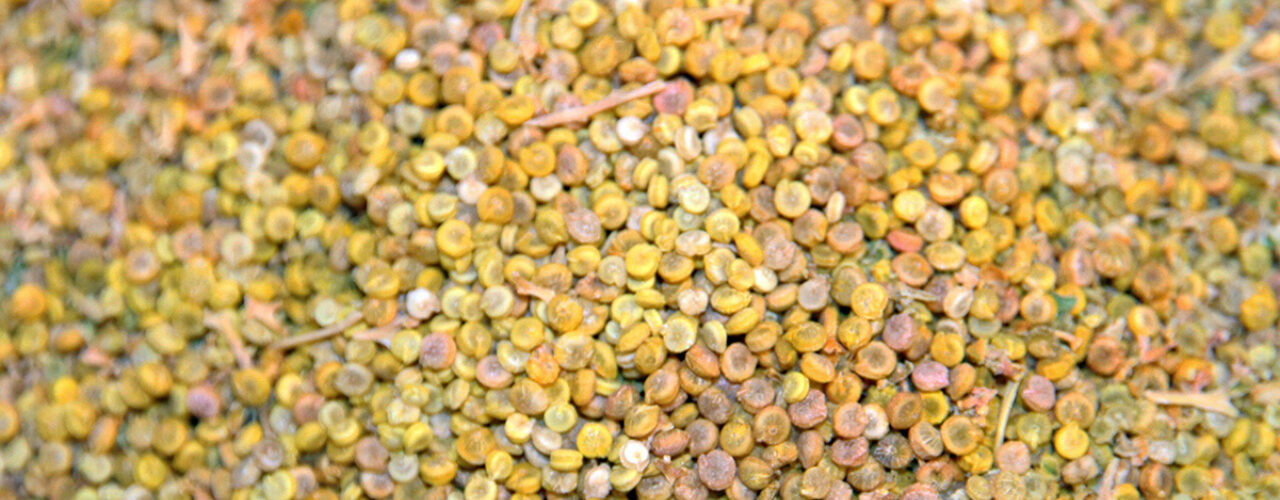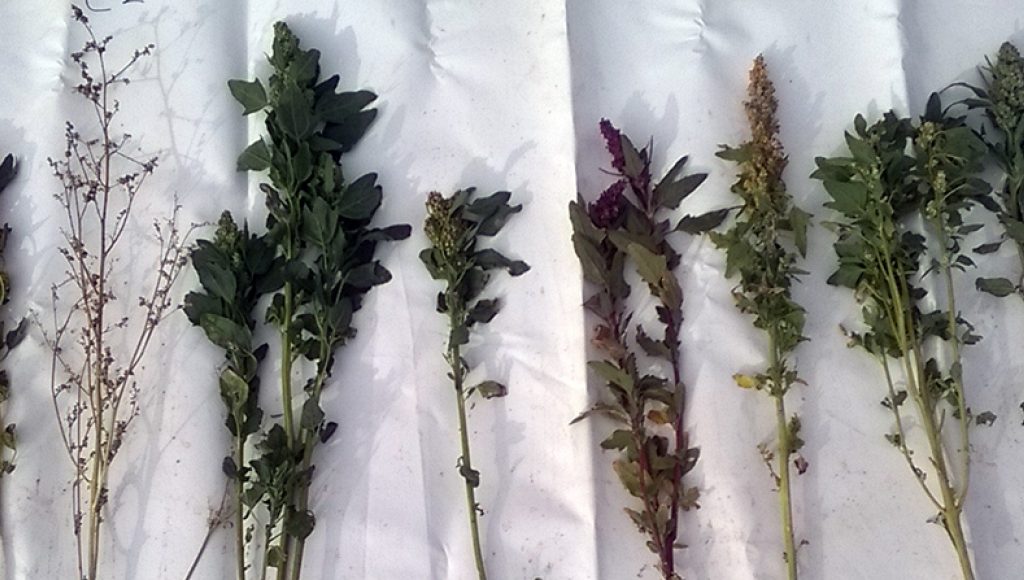
Sustainable Quinoa Production in Norway
Quinoa is one of the food plants with the highest protein contents, and is also rich in numerous other nutrients. It is able to grow under different climatic conditions, but is still mostly cultivated in South America, where it originated. Bolivia and Peru produce 80 % of the global harvest, but in the past decades cultivation of quinoa has expanded to other continents. There have been promising results in the Himalayas and in North Africa. Furthermore, several European countries have successfully grown quinoa, such as Denmark and Finland, where the crop is grown at a commercial scale. Only a few farmers in Norway have tried to grow quinoa. There have been no reports in any European country about problems related to the introduction of quinoa and it is not considered an invasive plant.
The project’s main goal is to evaluate the potential for quinoa cultivation in Norway. Ten different quinoa varieties will be grown and the cultivation methods described. Furthermore, the project will include an assessment of the market potential of quinoa products. We thus hope to explore the potential for sustainable quinoa production in Norway.

